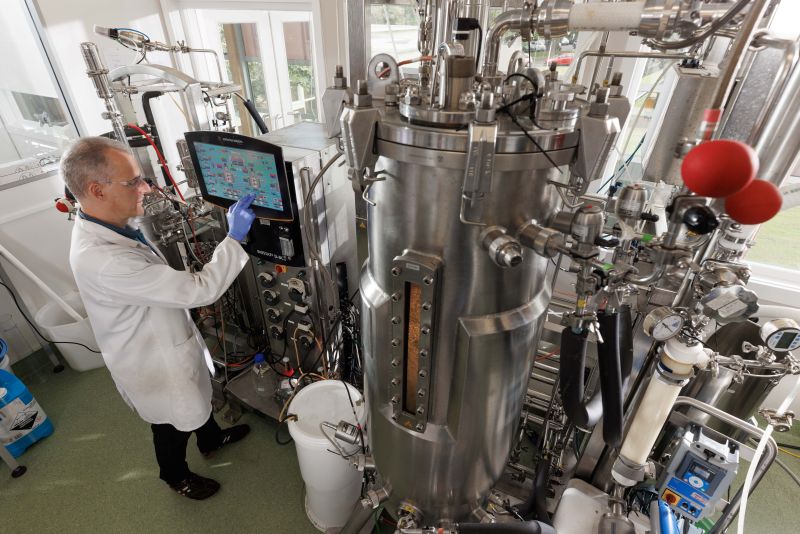Advanced technology key to NZ's future success

Advanced technology is increasingly in the public eye due to the New Zealand government’s plans to create an organisation to deliver research and build capabilities and commercial outreach in this field.
Advanced technology is an integral part of Scion’s work. It is using robotics technology, for example, as part of a programme to create a reliable, cost-effective propagation method to boost productivity and ensure consistent results.
Scion is also delivering sustainable solutions across biofuels, bioplastics, high-value chemicals and nutraceuticals – using waste biomass and greenhouse gases as feedstocks – and advancing research on enhanced carbon sequestration in trees and conducting world-first field trials of gene-edited conifers designed to improve forest productivity and enable future biorefinery applications.
Access the full story below.
